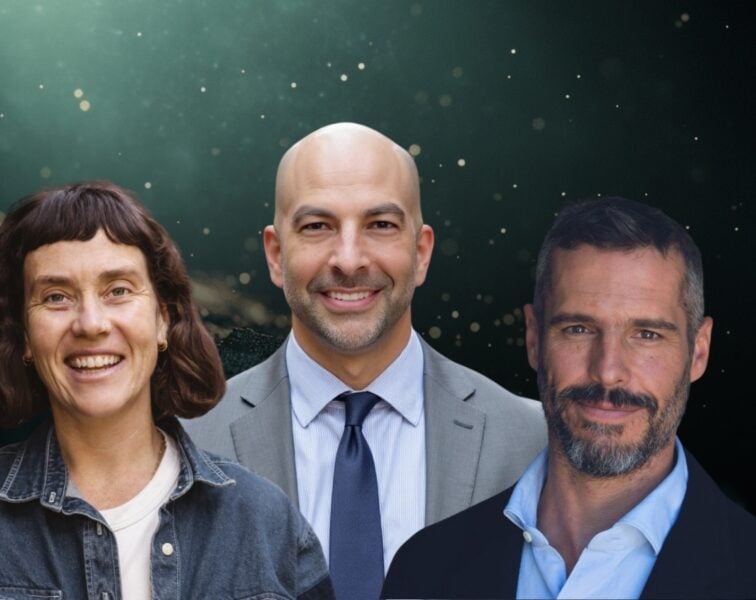I recently posted on Twitter another heartbreaking case of a young woman — in this case, a U.S. Olympic medalist — taking her own life. “A single death is a tragedy,” Joseph Stalin purportedly said, “a million deaths is a statistic.”
Close to 800,000 people die around the globe due to suicide every year according to the WHO, and about 125 people in the U.S. take their own lives per day — and suicide rates went up more than 30% in half of the states since 1999, according to the CDC. Imagine if we heard about every one?
David Brooks recently published an important article providing useful advice to help those that are vulnerable. This is such an important issue that I think we need to talk about (and address) a lot more.
The deeper I get into exploring longevity, the more I feel compelled to understand death from reasons not related to the chronic diseases of aging. I can’t help but wonder how long before someone takes their own life have they already died an emotional death? And more importantly, how can we recognize and treat such people before it’s too late?
– Peter




